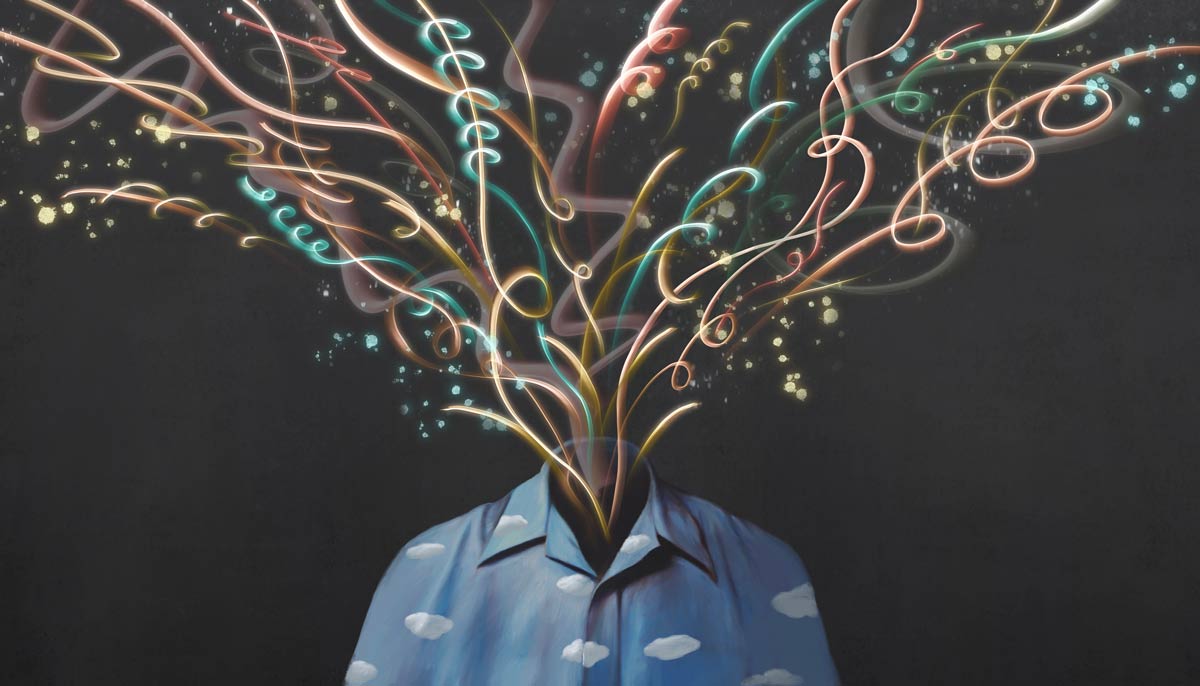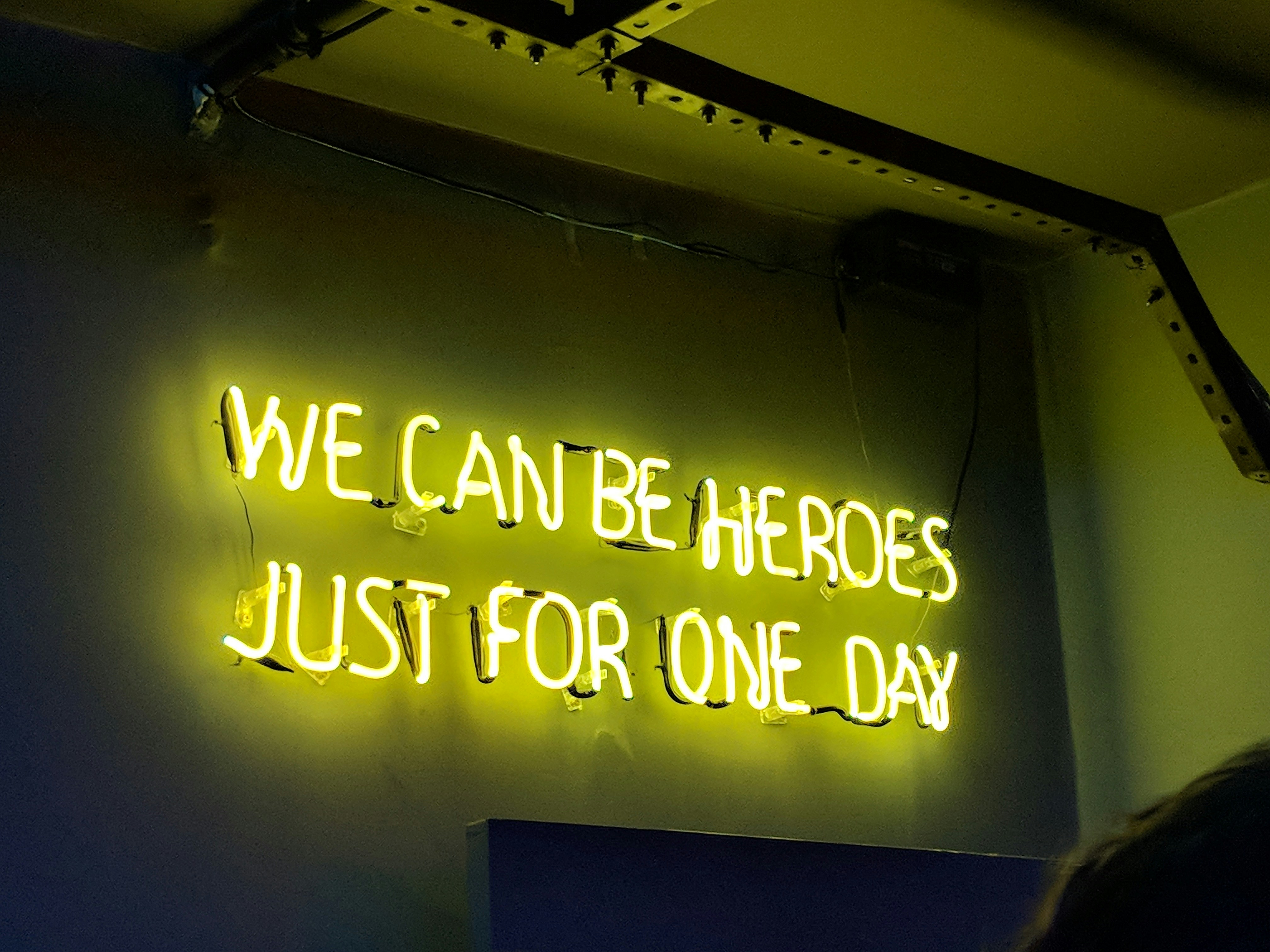Character Development Tips - How to Create an Impressionable Tragic Hero
Writing a passionate, pivotal, yet painful tragic hero is a handful. There are lines you have to tread very carefully in this character development. Here's a guide to get you started!

From your classics; Sophocles's Oedipus or Shakespeare's Hamlet, to your modern-day Scott Fitzgerald's Jay Gatsby or Bill Finger's Batman. Tragic heroes have populated many impressionable stories that we have read and loved. These admirable, yet ill-fated protagonists are memorable for multiple reasons such as their virtuous demeanor, courage, and the wrenching and untimely circumstances that they get buried deep in before we witness their ruin.
Instead of gratifying us with happy endings, these stories and characters have pulled at our heartstrings for both good and bad reasons, I would say.

Photo by Javier García on Unsplash
The character development process for tragic heroes can be well, tragically daunting, for writers of all calibers. Their multiple tortured layers serve different purposes in your writing, and the need to evoke and tease different emotions from your readers at different points in their journeys would need some time and a lot of brain-juice to flesh out. How do you go about defining and layering such complex characters from start to end?
Read on to pick up some tips and guides as to how you can go about developing these pivotal characters.
What is a Tragic Hero?
Tragic heroes are your courageous, virtuous, literary personas, often protagonists, who are laced with a fatal flaw that ultimately leads to their downfall. A crucial error in judgement or decision-making and an unavoidable ill-fated ending characterize a tragic hero's character arc and guide the happenings in a storyline.
Tragic heroes are painted in a flawed light. They are imperfect, and thus relatable to readers and audiences. They are characteristically put through a surmountable amount of suffering and conflict that marks their drastic downfall in terms of their character arc. They experiences a change in fortune, from good to bad, and this downfall can start at any point in their journey. This downfall often comes about because of a pivotal decision that they have to make and their subsequent error in judgement with regards to that decision. What's more tragic than lionheart, warrior-type, hero that makes a error in judgement that causes their ruin?
Tragic heroes, however fortunate or good-willed they are, have an impending doom that they cannot escape and can do little about. This fate can be of emotional, mental or physical turmoil.

Photo by Caleb Lumingkit on Unsplash
How to develop your Tragic Hero
1. Choose your hero archetype and give them admirable qualities.
Firstly, make sure that your tragic hero has a distinguishable, characteristic admirable quality, or a combination of some. Some traits you could consider include selflessness, courage, integrity, formidable moral and ethical footing, and physical and mental strength.
2. Develop one or more of these admirable traits as a ‘fatal flaw’.
Next, lace them with an acute flaw that clashes or challenges their formidable qualities. This could even be one of their admirable qualities taken to the extreme or the other end of the spectrum. This ultimately draws your tragic hero to make decisions or choices that lead to their misfortune.
Make this even more tragic, or even pathetic if I may say, is that it comes from an internal conflict instead of being driven by external forces or other characters in your story.
3. Organically build the fatal flaw alongside your tragic hero's journey.
Plot the development or intensity of your tragic hero's flaw alongside and concurrent to their journey in your story. Outlining this flaw to manifest because of something intrinsic to your character is the first step to making it organic and believable. If it is a haywire decision that is made out of the blue and completely out of line in terms of your hero's personality, this may come off a little stark. But if it is built up in a manner that seems highly probable when it comes to him or her, your audience or readers can feed off this tension and feel empathy.
4. Build a stark reversal of fortune.
At the crux of your story, write in a peaking reversal of fortune or circumstance for your tragic hero. This should result in the utmost height of your character's conflict and possible regret. Readers and audience witnessing this heart-wrenching downfall of a tragic hero should feel fear and despair. This build up and dissatisfaction is guaranteed to keep them at the edge of their seats and turning pages.
5. Regret and realization.
Cut the would deeper. Witnessing and experience the gravity of one's choices is one thing, and knowing that you are the sole reason for your own and possibly other people's misery is even more devastating. Your tragic hero circling these thoughts and bringing your readers through this as well will make their fall from grace even more tragic. Anger and disappointment aside, if your readers sympathize with the hero and believe that their suffering outweighs the pivotal mistake they've made, the injustice lingers longer.
Here's a quick summary of what traditionally makes up a tragic hero :
1) Righteous : A tragic hero is traditionally virtuous and principled. They usually hail from a fortunate or high-standing background, making them compelling and aspirational. This implies that they are well put together and of sound decision-making skills.
2) Tortured and suffering : Tragic heroes experience agonizing bad luck or consequences of a choice they make or unavoidable circumstances. This could be external, or an internal conscience conflict that they are weighed down by.
3) Regrettably flawed : They are laced with a shortcoming or flaw that ultimately leads to the fatal destruction of their character.
4) Heightened audience response : The tragic hero's ill-fate paired with the integrally good-natured person that they typically draws empathy, sympathy and fear from audiences and readers.
5) Death or ill-fate : More often than not, tragic heroes meet death as an ultimate consequence, or a fate that is of close or similar gravity.

Photo by Gabriel Bassino on Unsplash
Guiding Questions for the Character Development of a Tragic Hero
If you are having trouble with the character development process of your tragic hero, consider these guiding questions to get started :
- To what degree does this character suffer?
- Is this suffering or torture deserving, warranted, or unfair?
- Was their doom pre-determined?
- What defines this character as virtuous, principled, or righteous?
- What traits are exemplary of their principle?
- What is their fatal and defining flaw and how does it clash with their "hero" status?
- How did they error in judgement?
- How would you define the perimeters of their physical, emotional, mental or spiritual suffering?
Tragic heroes, as literary devices and vehicles of a story, are used to stir feelings of pity, fear, or anguish in readers through the surfacing of their flaws and their subsequent ill-fortuned consequences.
The array of emotions readers are made to feel while travelling alongside a tragic hero is vastly different from other sorts of heroes or protagonists, given the crash that both readers and tragic hero experience. We hope these tips and guiding questions aid you in kick-starting the character development process for your next story or novel.
Happy writing!



